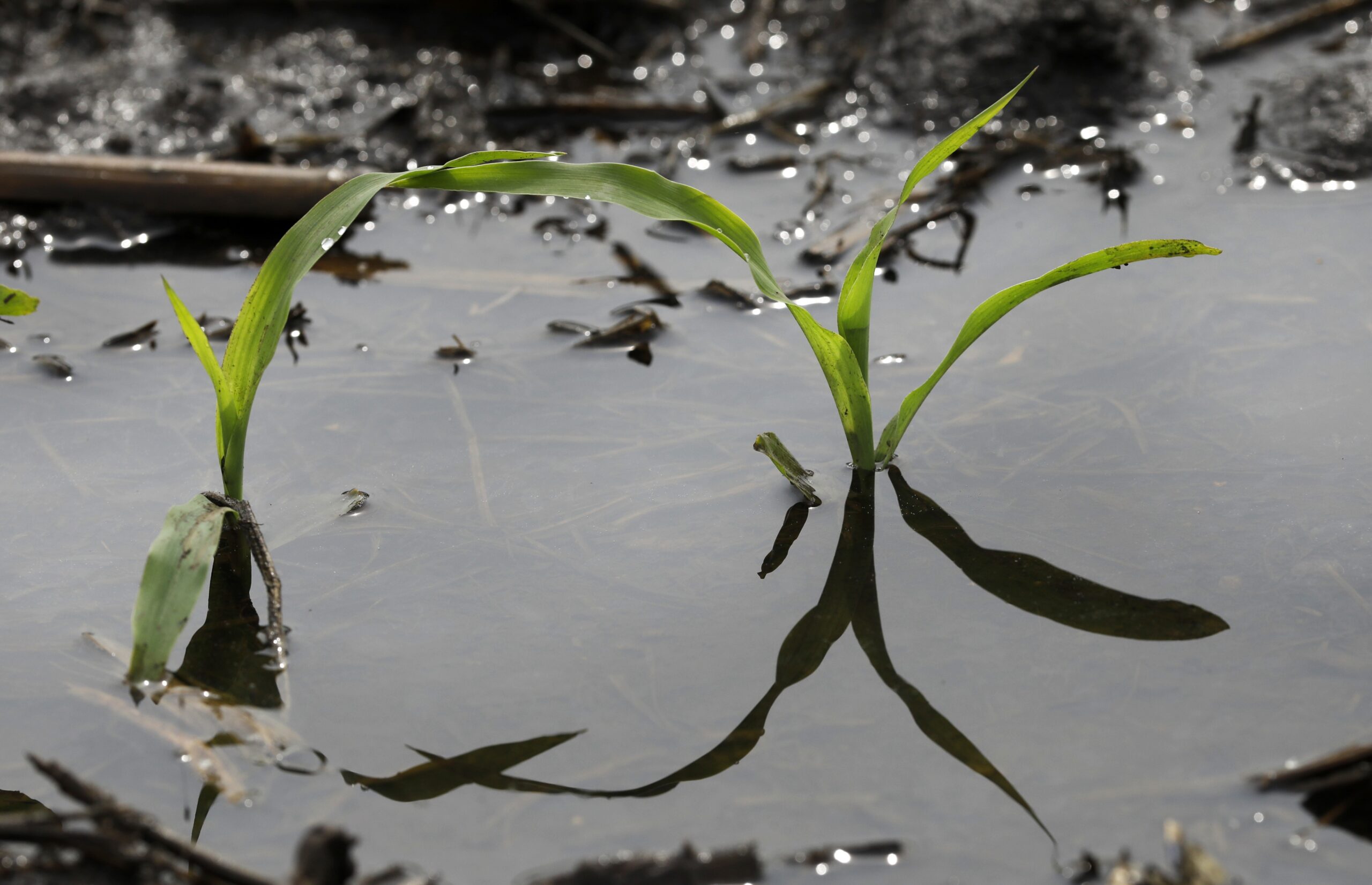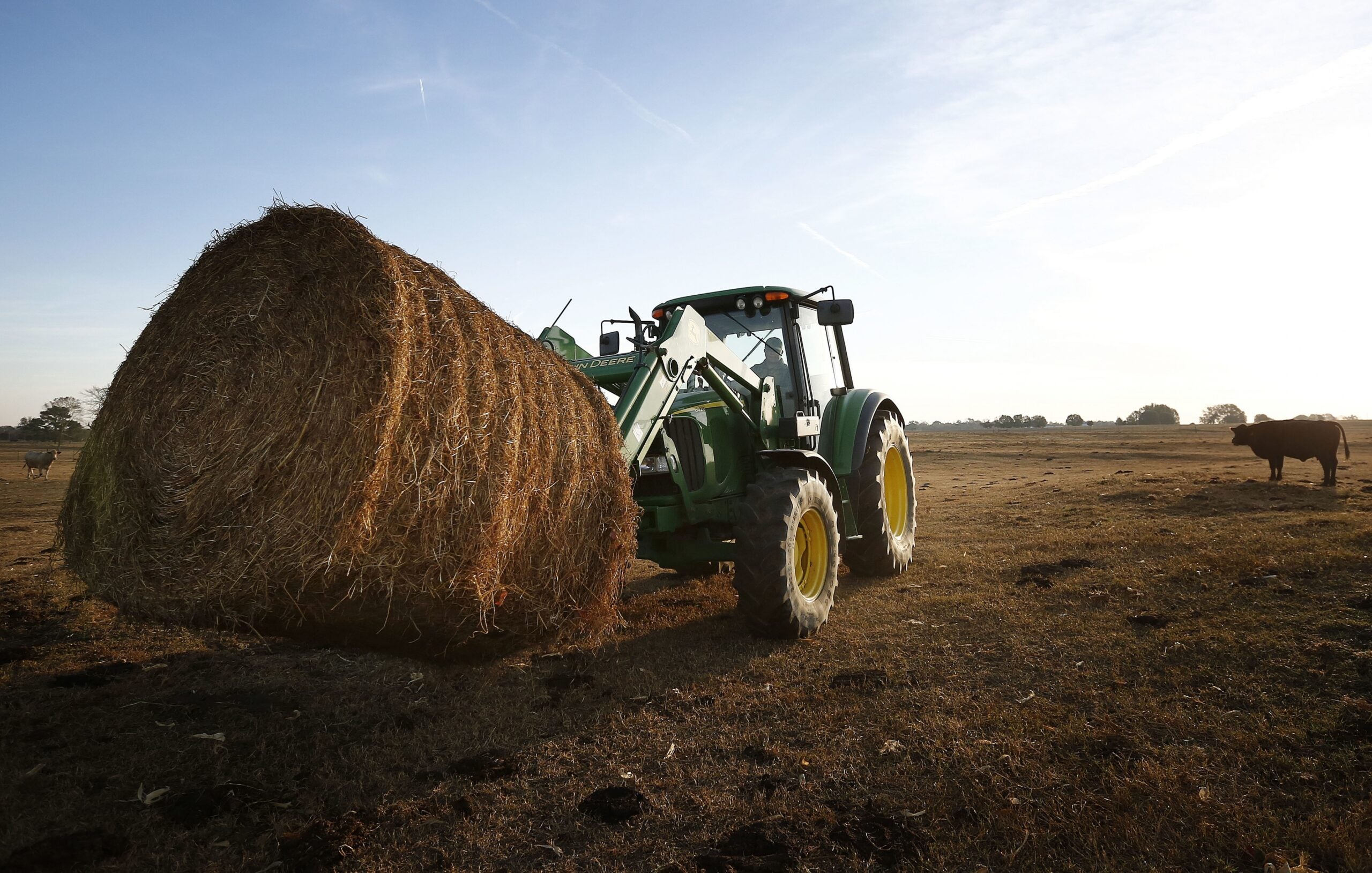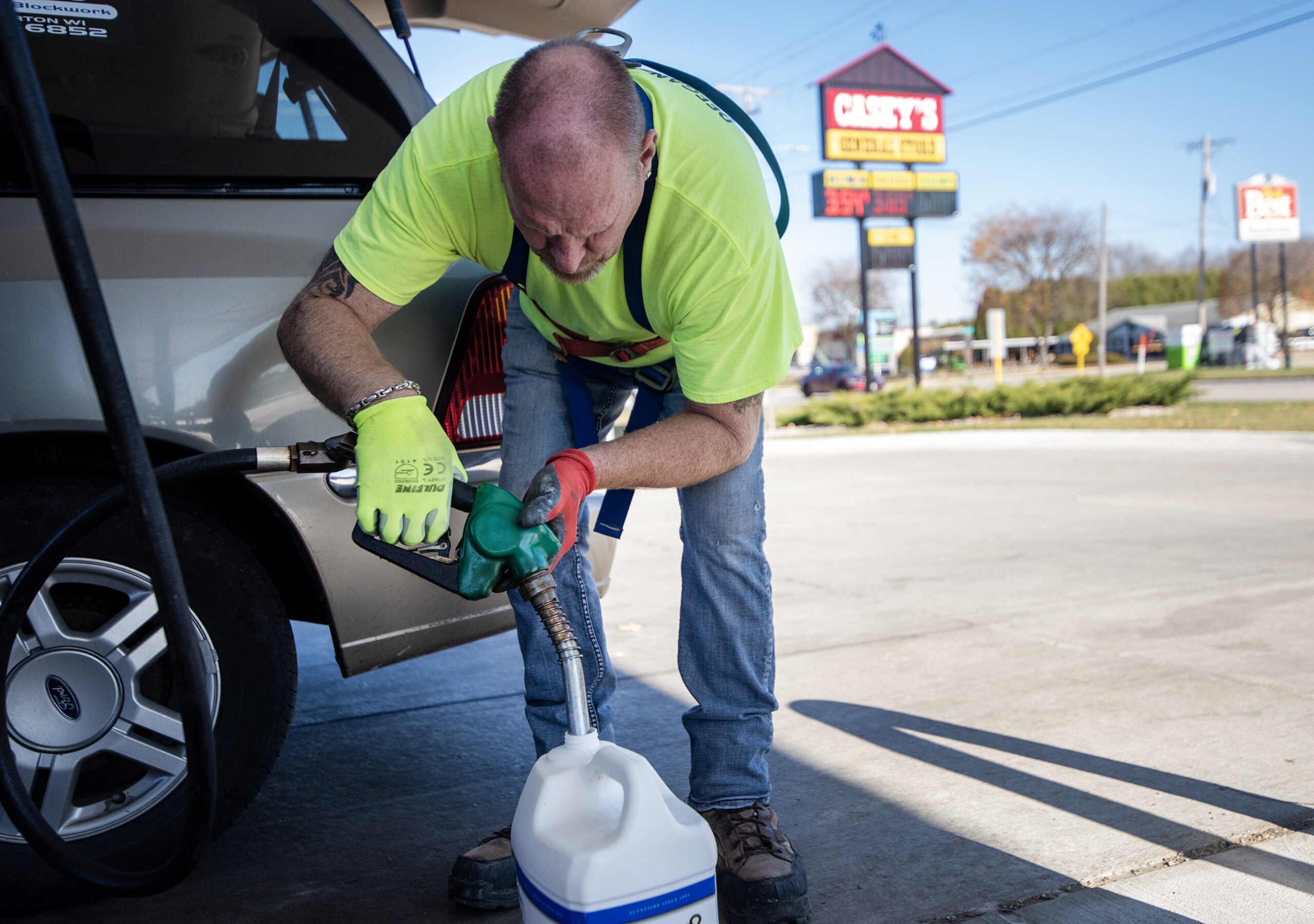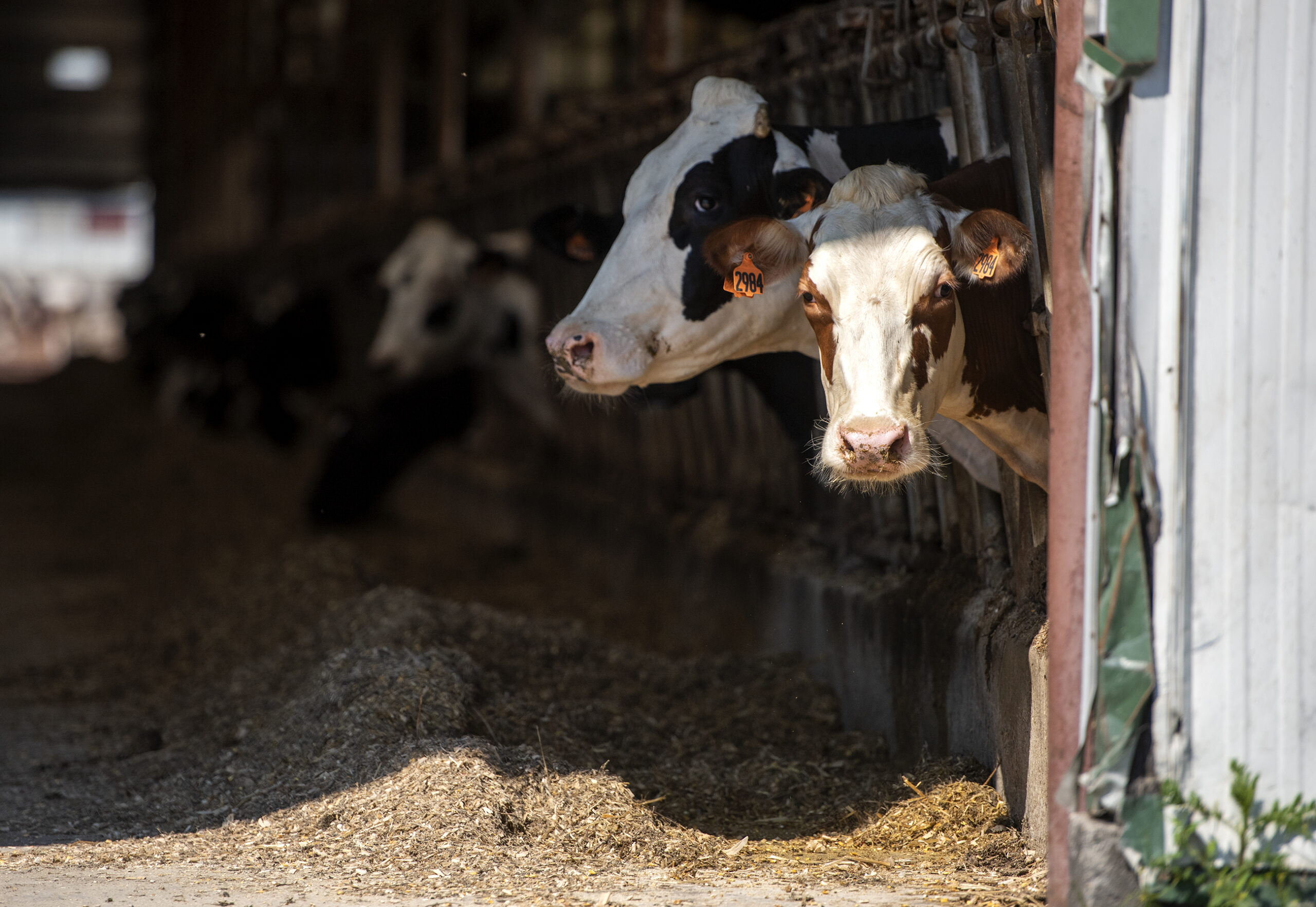Some county leaders in Wisconsin say federal disaster funding is critical for local communities trying to recover from the impact of yearly flooding.
Gov. Tony Evers announced Tuesday that the Federal Emergency Management Agency will be providing public disaster assistance to 17 Wisconsin counties and two tribes that were affected by flooding, tornadoes and severe storms in July.
La Crosse, Monroe and Vernon counties are covered under this year’s FEMA declaration and they also received FEMA funds last year from late summer flooding.
Stay informed on the latest news
Sign up for WPR’s email newsletter.
Darlene Pintarro, emergency management coordinator for Monroe County, said most of the damage from this year’s flood was concentrated in Portland township.
“They’ve had some damages that were just finished as far as repairs are concerned with the 2018 flooding,” Pintarro said, “Several of those roads were washed out again.”
She said the township is facing $170,000 in infrastructure damage from this year’s flood. Like many small municipalities, Pintarro said the cost of continued flood damage far exceeds Portand’s budget.
“A lot of these townships, they take out loans until they get the money back from FEMA to be able to pay off those loans then. So financially it’s quite a burden to them,” Pintarro said.
She said municipalities in her county are still completing repairs from the 2018 flood and some are still waiting for reimbursement from FEMA.
Farmers across Wisconsin also have access to new federal funding in exchange for taking flood-prone fields out of production.
The state’s Natural Resources Conservation Service Office has more than $7 million in federal money to create permanent easements on farmland impacted by recent flooding.
The U.S. Department of Agriculture agency said in a recent news release they want to “provide landowners with another option for those frequently flooded agricultural fields.”
Darin Von Ruden is president of the Wisconsin Farmers Union and a dairy farmer from Vernon County, which has seen major flooding for several years. He said farmers’ current financial situation makes the easements more appealing.
“Not knowing what the market conditions are going to be with the trade war and tariff wars that are going on and not having an end in sight on those, it might be something that a few farmers will look at,” Von Ruden said.
He said farmers in his area are used to seeing flooding in lowland fields every five to 10 years. But the frequency of recent flood events has impacted the quality of crops and the fields themselves.
“That could drive some farmers who are either mid-cycle of their farming career or toward the end … of their years of farming to look at putting some land into an easement and take those payments, to not have to worry about trying to get access to that property again,” Von Ruden said.
Wisconsin Public Radio, © Copyright 2025, Board of Regents of the University of Wisconsin System and Wisconsin Educational Communications Board.





